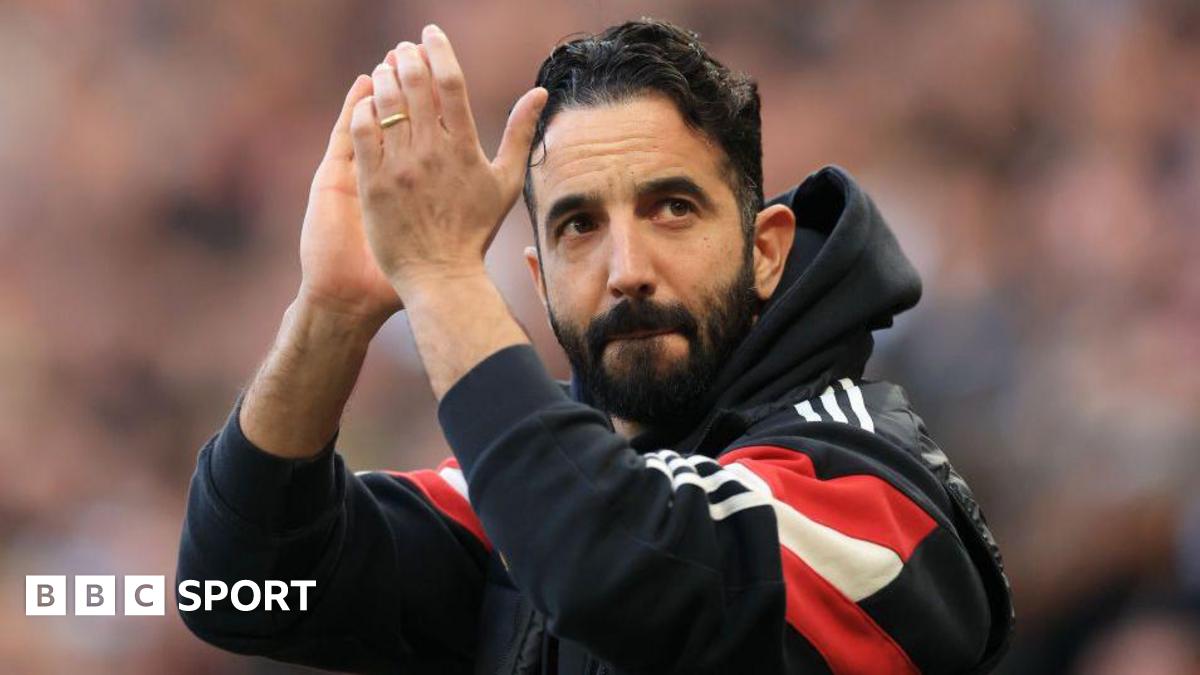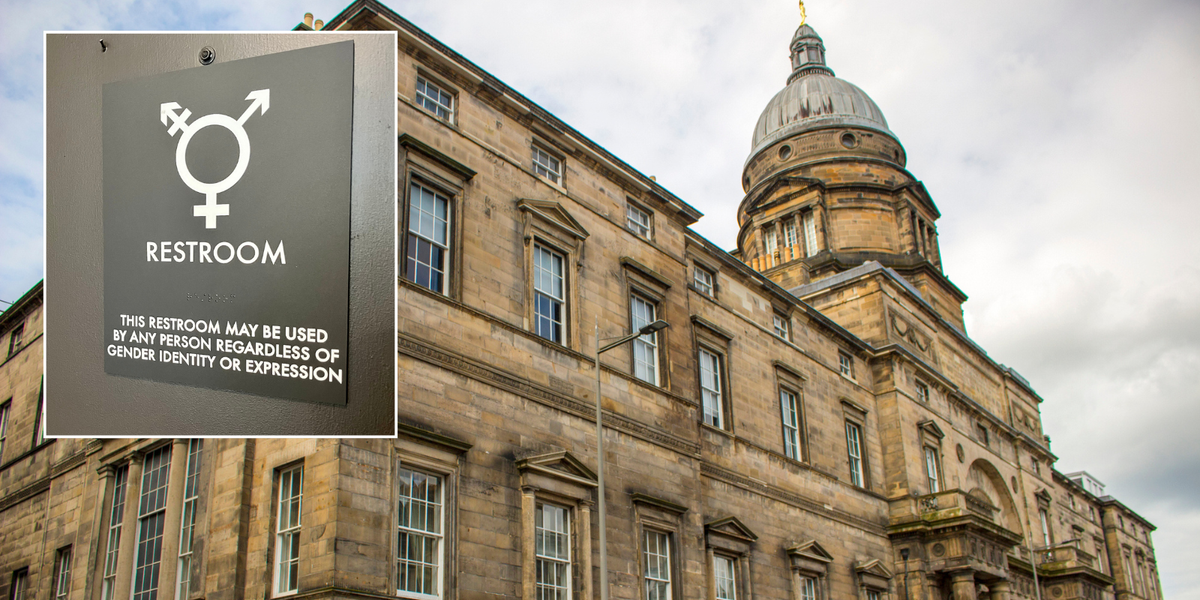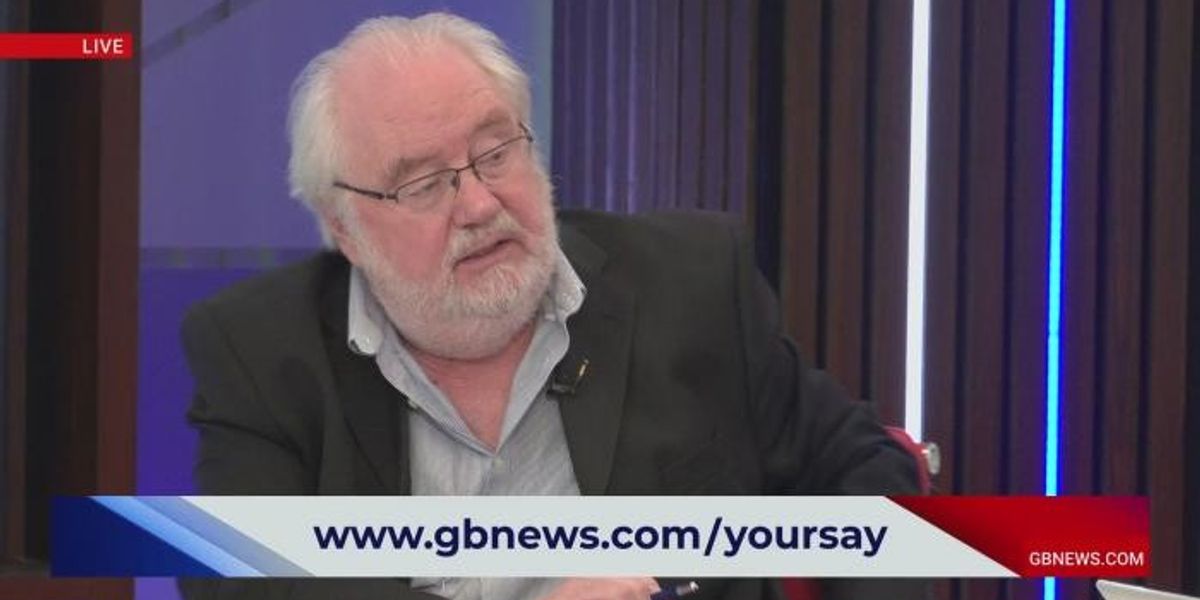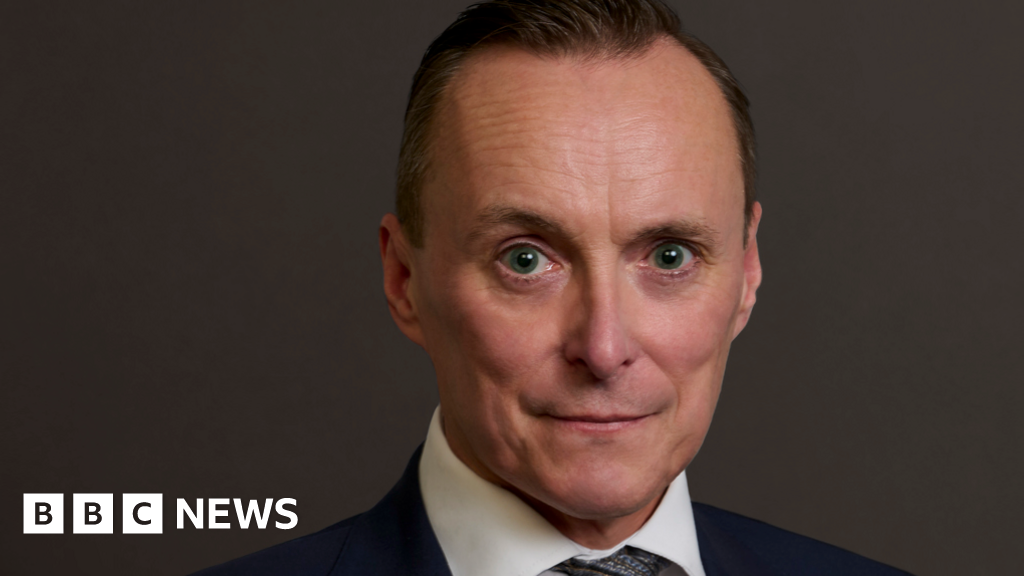The Managing Director of one the UK’s leading coach companies has called on the government to support and incentivise the coach industry as train strikes continue to hit Britain.
Train drivers belonging to the Aslef union have been striking since Tuesday in different parts of the network in their long-running dispute over an 8 per cent pay increase offer across two years.
The industrial action has meant passengers across the country have been left with severely reduced, or in some cases, no services at all.As the strikes lead people to look for alternative travel options, coach company National Express say their UK revenue has risen by 87 per cent on the previous year.
FlixBus is an award-winning travel company and is the fastest-growing coach travel network in the UK.
Managing Director of FlixBus UK, Andreas Schorling, said the coach industry were the unsung heroes
Managing Director of FlixBus UK, Andreas Schorling, told GB News the coach industry has stepped in to save passengers stranded by the train strikes.
He said: “The coach industry is the unsung hero of the wider transportation network.
“During the strikes we put in extra effort, we put on extra services and we make sure to pick up the additional demand that’s coming in.
“There has been a lot of people who’ve tried coach travel for the first time because of the strikes, and the feedback we’ve seen is that time and time again coaches are a fantastic option.
“it’s reliable, affordable and sustainable, especially when you compare the prices we’re able to offer passengers.”
FlixBus rely on their partnerships with regional bus partners and the, often family-owned, businesses are then responsible for their fleet.
Schorling says the government needs to support these small and medium sized enterprises in order to ensure future growth.
He told GB News: “I think it’s fair to say the government could invest more time and effort in supporting and making it a thriving industry.
“If you look at the amount the train network is receiving on a yearly basis from the government, they get subsidies of over £10 billion a year, whereas coach companies receive zero.”
In November, the government announced the redirection of £8.3billion from HS2 funding which they say will be enough to resurface over 5,000 miles of road.
This adds to the ‘biggest-ever uplift in funding for local road improvements’ with funding from the government’s £36billion Network North transport plan.
However, Andreas Schorling says improving the highways isn’t the only problem transport companies like FlixBus are facing.
He said: “The challenge that we are facing often is congestion and that’s a difficult problem to solve because in our mind it should be a clear ambition from the government to incentivise public transportation.
“Something that’s been used in the past, that would be interesting to explore, are dedicated coach lanes.
“They would enable us to deliver services faster than we are today, and incentivise people to travel by coach which, in the long run, is both better for the environment and the economy.”










